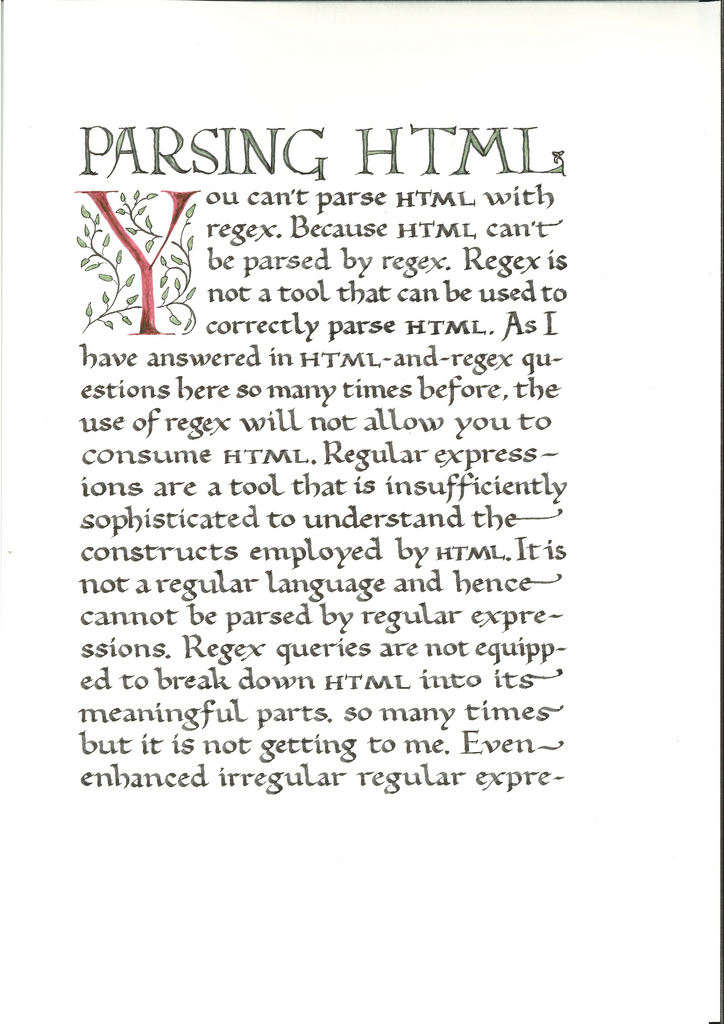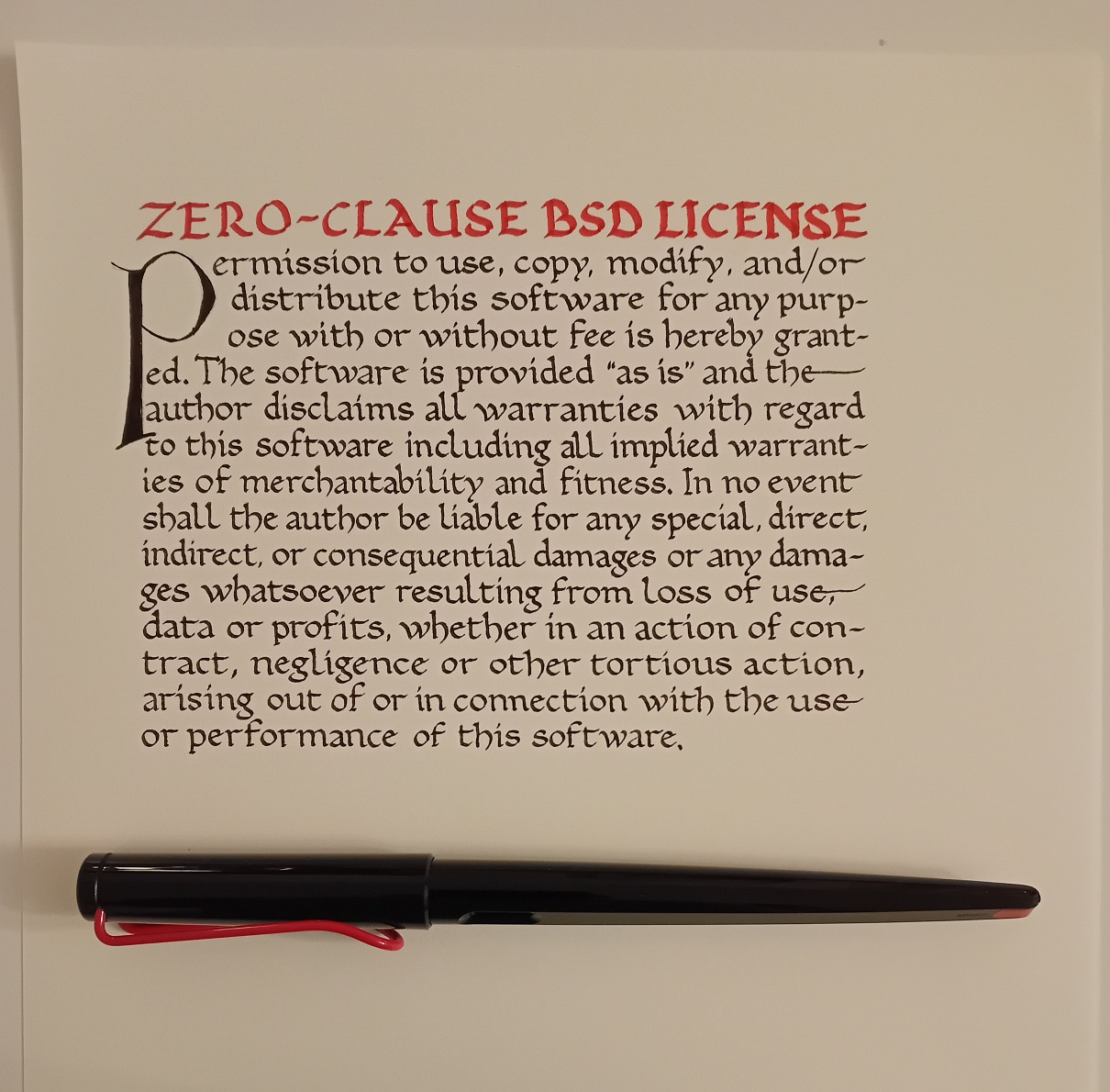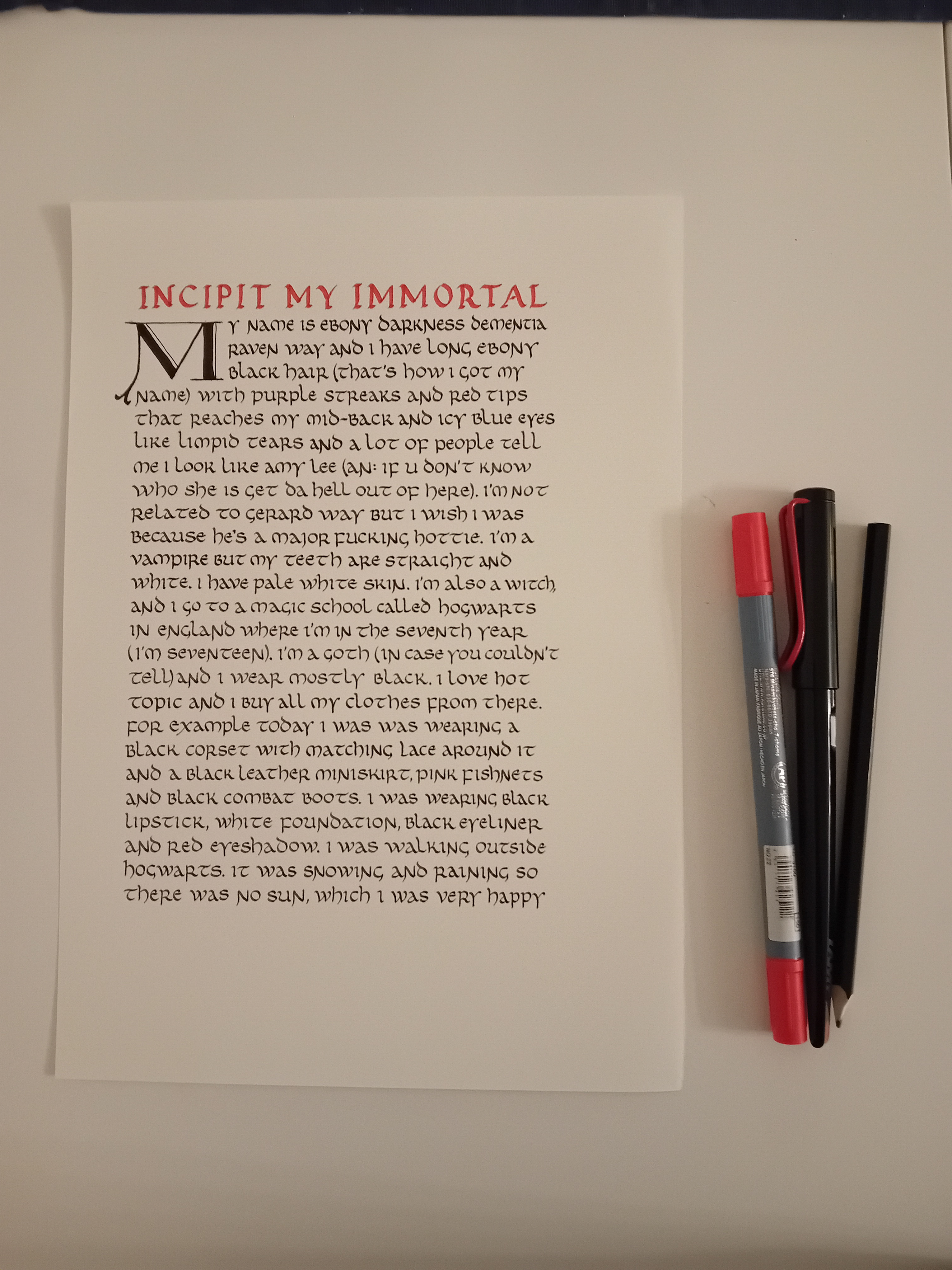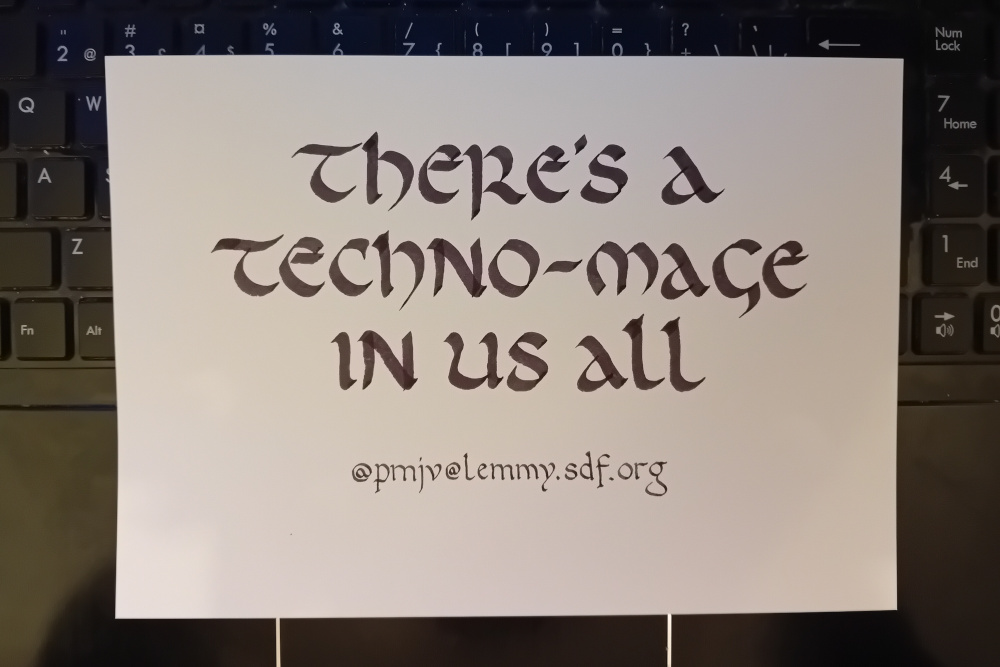The archive team sounds interesting!
What can an ordinary user do at this point that would help?
Norway is a rich country so the government can help people buy electric instead of gasoline cars. Of course, they got rich by selling oil, but yes.
Sorry, a "storage box" ìs a product by a company called Hetzner: https://www.hetzner.com/storage/storage-box/
sshfs is a way to mount something remote through ssh so it behaves like a local directory.
Exactly three times as many? Do you count all surfaces that form triangles or only the white ones?
I have a hetzner storage box mounted with sshfs, but I wish I didn't have to since I'm paying for protondrive too. It took me a whole day to upload my personal files to protondrive through the web interface since it crashed the browser repeatedly and I had to verify what got uploaded or not each time.
Oh that sounds good! I would also prefer rclone. I'm using the protonvpn through the native gnome network manager + ovpn profile rather than having to add some third party repo or the community flatpak.
I wonder if that "he should have access" means that the API specs can be public information or more like "we trust henry but it's still secret."
I guess we'll have to wait and see what happens next.
I recently read that the Linux client is something that might not happen for a long time, if at all. The user base is too small and it doesn't make sense economically etc.
I have been hoping that a company that values privacy would see the benefit of people switching to Linux, and that having first-class support for Linux clients would be valuable in itself, as a message about Protons values.
If there's no money, then that's unfortunate. But the free and open source community has been known to put in a lot of work when there's a need. Would it be possible to make it easier for people to work on a community client? The main thing needed from Proton would be documenting the API I guess.
Is Proton interested in working together with the free and open source community?
That's how I think about it too. I guess the original description was a bit vague, what they did to the americas. It includes both. First invasion, then immigration.
I could be wrong, but to me those words describe the initial phase. Once established as a society, the rest involves people moving into this society, which I would call immigration.
What would you call it instead?








How do you decide what to archive, and what is the long term plan? If Annas goes down it can be pieced together again? Or is it served to users now too?